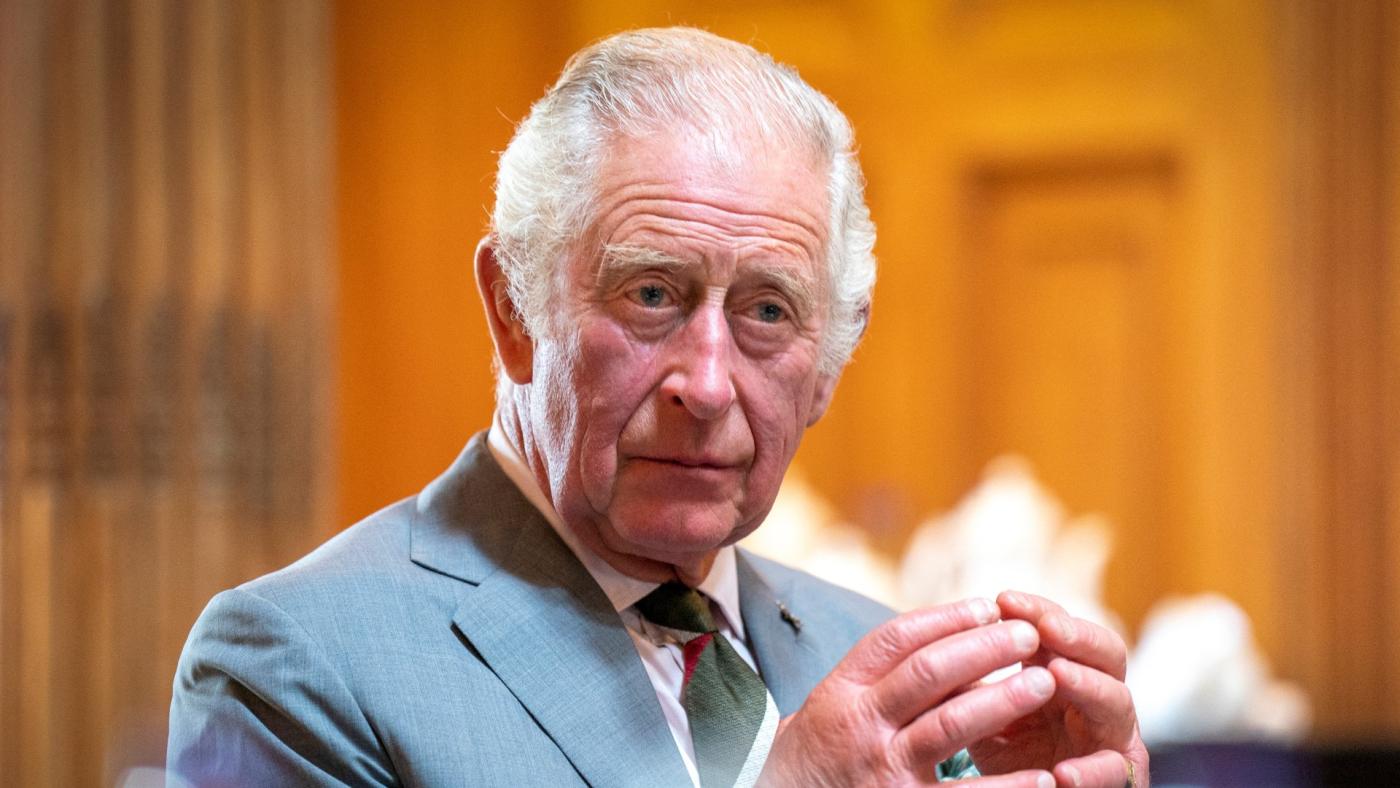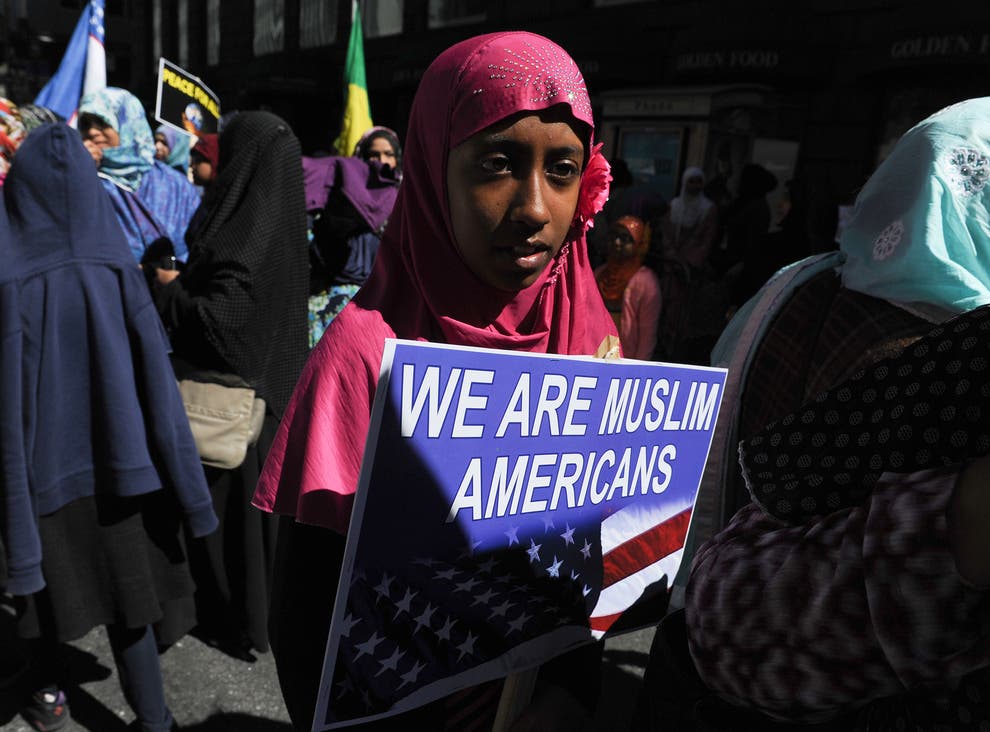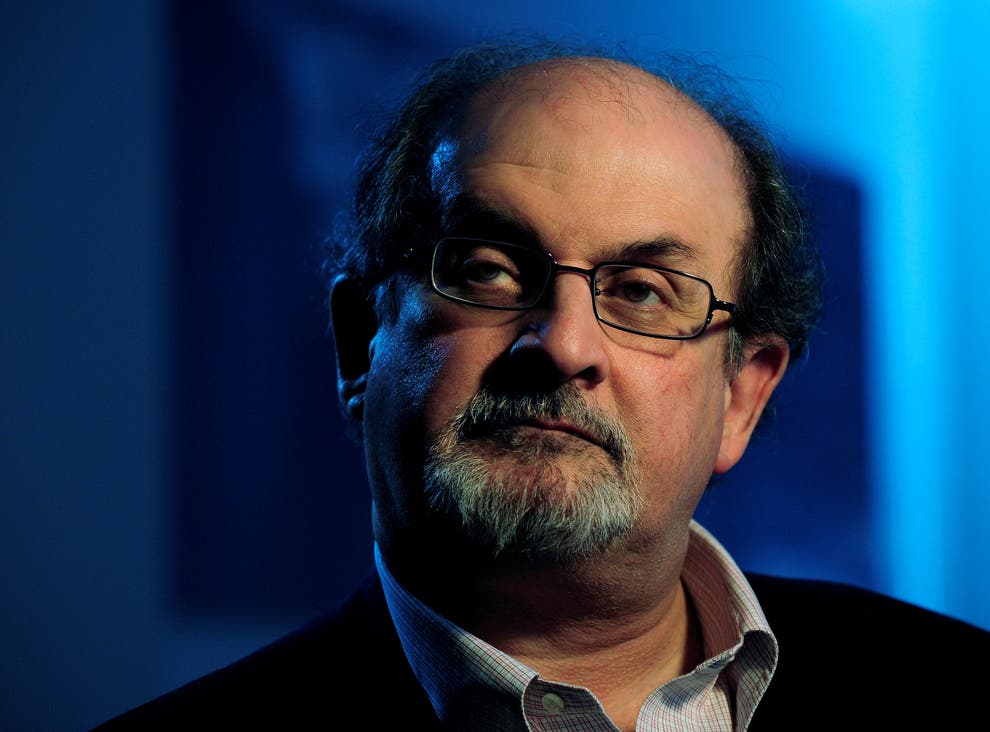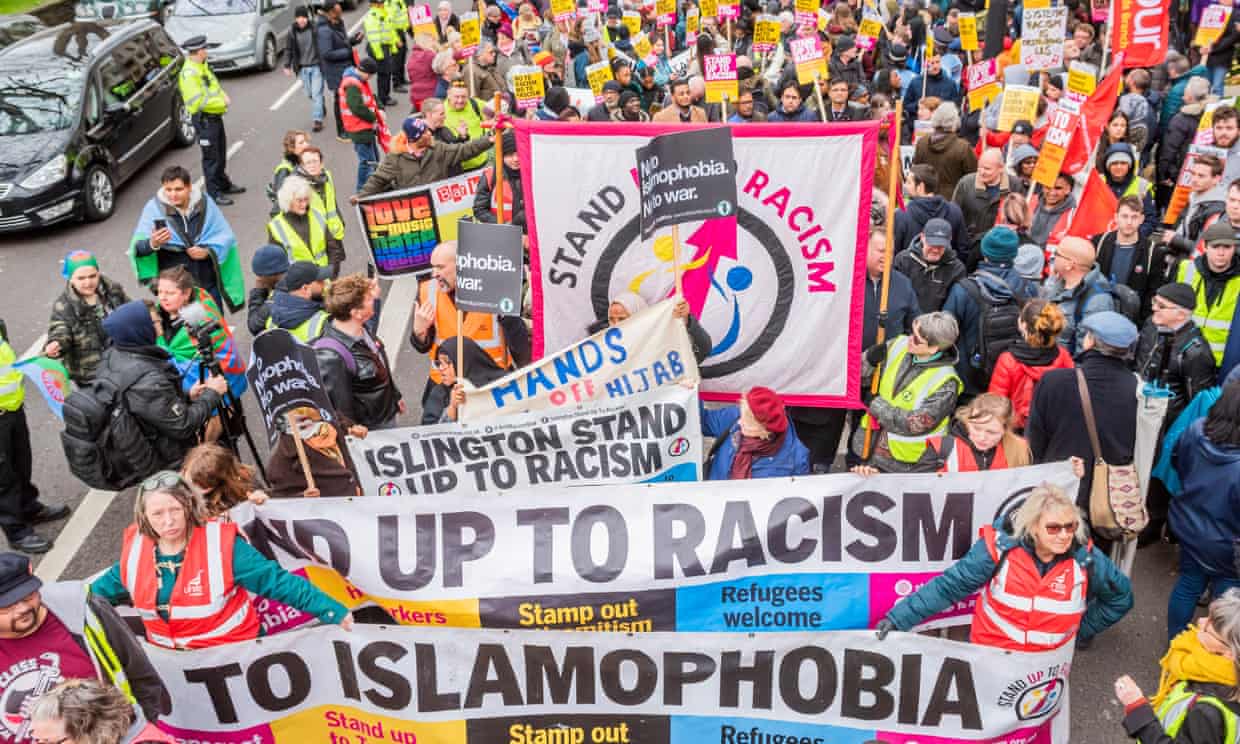(RNS) Together, Islam and Catholicism represent about 40 percent of the world’s population, so the estimated 1.6 billion Muslims in the world have more than a passing interest in the new pope who will shepherd the world’s 1.2 billion Catholics.
Too often, relations between the two groups have been shaped by conflict — the Christian Crusades of 1,000 years ago are still a raw wound for many Muslims, and more recently, Muslim extremist attacks on Christian communities across Africa and the Middle East have left the Vatican deeply concerned.
“What the pope says or doesn’t say can have enormous consequences on such relations,” said Imam Feisal Abdul Rauf, founder of the Cordoba Initiative, an organization dedicated to improving Muslim-Western relations, and the founder of the controversial so-called Ground Zero mosque in New York.
The selection of the 266th pope comes at a critical juncture in Muslim-Catholic relations, which have been marred by persecution of Christians in the Muslim world, Islamophobia in Western countries, Western military action in Afghanistan, Pakistan, and Iraq, and rioting between Muslims and Christians across Africa.
While many Muslims said they saw an improvement in Muslim-Catholic relations under Pope John Paul II, they say Pope Benedict XVI’s papacy was more problematic.
Most worrisome, Muslims say, was in 2006 when Benedict spoke at the University of Regensburg in Germany and quoted a 14th-century Byzantine emperor who said Islam’s Prophet Muhammad had only brought “evil and inhuman” things to the world, and that Islam was “spread by the sword.” Those remarks touched off a series of deadly riots in several Muslim countries.
Muslims were also concerned by the Vatican’s opposition to Turkey joining the European Union, and in replacing Archbishop Michael L. Fitzgerald, a British-born Islam expert who was seen as friendly with Muslims, as head of the Pontifical Council for Interreligious Dialogue in 2006.
Ebrahim Moosa, an Islamic studies professor at Duke University, said the Regensburg fiasco showed the need for improved ties. “The Vatican is invested in good relations with the Muslim world, and under a new pope there is no reason to believe that it would be any different,” he said.
While many Muslims acknowledge the interfaith efforts Benedict made, many also hope a successor will be more like John Paul II.
“There could be a lot of opportunity. A young pope could be more in tune with the globalized world and all the interfaith activity that takes place,” said Qamar-ul Huda, an expert on religious conflict and reconciliation at the United States Institute of Peace in Washington. “They live in pluralistic societies, and have to have good relations with Muslims so their communities get along on a day-to-day basis.”






